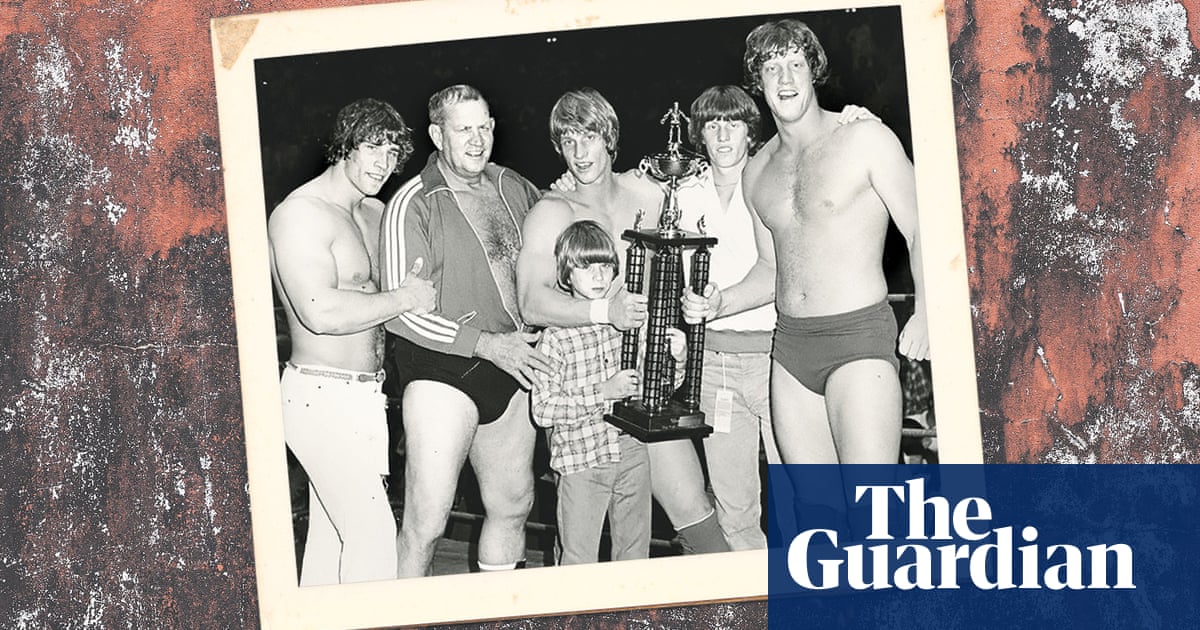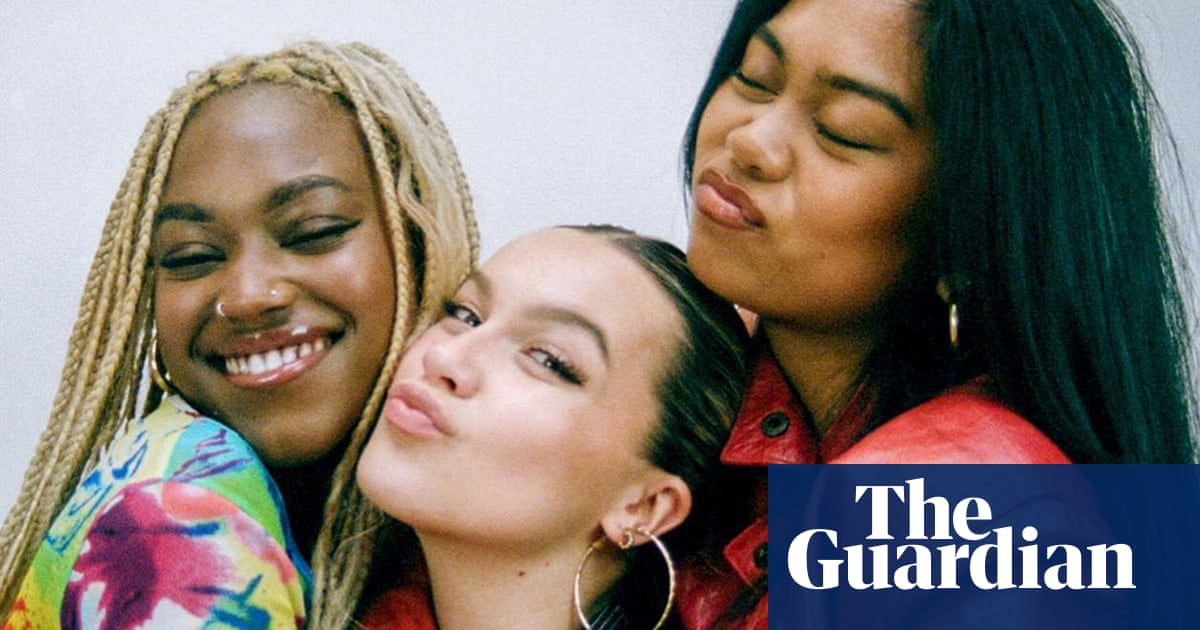
nti-racism. Allyship. Accountability. These are some of the key words that have accompanied the Black Lives Matter protests over the past year. But one little-noticed change is to the word black itself. Since the protests, people have started to capitalise the “b” when writing about black people.
The Associated Press updated its influential style guide, known as a “bible for journalism”, to capitalise the “b”, stating that “the lowercase black is a color, not a person”. A significant number of news agencies, magazines, universities, publishers and cultural institutions followed suit.
This may all seem fairly insignificant, but the small typographical change has wider implications. For centuries, black people have had to conform and contort themselves into harmful and limiting racial categorisations. If anti-racism achieves its goal, there will eventually be new, imaginative ways to talk about race, and black people will have the power to shape their own identities. It is therefore right to ask, after a year of renewed protests: does capitalising the “b” in “black” help the anti-racism cause?
In my view, I’m afraid the answer is no. Rather than empowering black people, these stylistic changes simply show how the conversations about race are circular and repetitive. Even when they are in favour of black liberation, they still inadvertently narrow the black experience.
The capital “b” has now become in itself a political statement, as my own professional life keeps teaching me. Increasingly, I submit writing using the lowercase “b”, but when my work is published it is uppercased. In prints of my latest book, I was forced into long and draining conversations about why I wanted the lowercase reinstalled.
To be clear, I am not opposing the capital “b” per se. I am opposing the imposition of any rules on blackness, no matter how empowering they may seem (and this would include organisations which insist on lower-casing the “b”). It should not be in the hands of institutions and their guidelines to dictate what is best for black people at large: it is the individual author who should make their choice.
Typically, these are conversations I find myself having with white people who propose that because so-and-so style guide says the “b” should be uppercase, then I should adhere. How can this be called progress? People who haven’t lived my reality policing my words about the black female experience only makes me think that they are either imposing their privileges on to me or hiding their racial anxieties under a capital letter.
There are strong reasons for capitalising the “b” in the United States, where it’s argued that people whose ancestral lineage is lost to the transatlantic slave trade should be considered ethnically Black (as in the way that a person might be Native American or Asian), rather than black as a racial category (describing physical appearance). But I’m still sceptical. Yes, it’s empowering to affirm a sense of ethnic pride, but to attach an ethnic association to a racial label is a self-defeating strategy. Race is a flawed concept to begin with, and while the capitalisation of the “b” assuages race politics, it also validates race politics. As an Ethiopian saying goes: “If you pick up one end of the stick you also pick up the other.”
Versions of this conversation are interspersed throughout the history of black struggle and rarely has the outcome been freeing. WEB Du Bois persuaded the New York Times to capitalise the word “Negro” in its 1930 style guide – though it didn’t help in the long term, or we would not be here still protesting. Martin Luther King criticised the “black power” rallying cry of the 1960s because, despite being a “gratifying slogan”, it reflected a “philosophy born out of the conviction that the Negro can’t win”.
James Baldwin similarly took issue with the mantra “black is beautiful”: he understood “why it had to come along” but he nevertheless thought that “since it’s beautiful you haven’t got to say so”. And Toni Morrison frequently spoke about her desire to carve out language that was “race-specific yet race-free”, without “imaginative restraints”.
If we in Britain are going to be influenced by the US – and, given the revolutionary achievements of black Americans, there is a strong argument that we should be – then at the very least we ought to also engage with its long history of intellectual and philosophical race-related debates. Yet, though the question of the capital “b” has been hotly debated in the US, there has been no corresponding discussion in the UK. As is often the case, the American experience is simply cut and pasted.
Black Britons have a rich history of debating political blackness, which has generated fruitful conversations about what it means to be black. Stuart Hall once wrote that, once blackness is fixed: “We are tempted to […] police the boundaries that are of course political, symbolic, and positional boundaries as if they were genetic.” Ultimately, as Johny Pitts writes in his book Afropean, the construct of black Britain should at its core reflect “a unifying search for truth and identity against the backdrop of colonial hegemony and misinformation”.
We cannot move beyond the colonial story without reimagining the meanings of words such as black and white; and we cannot do that if we piously assign rigid meaning to these words. That once again locks blackness into a narrow place. We should now be taking black elsewhere.












